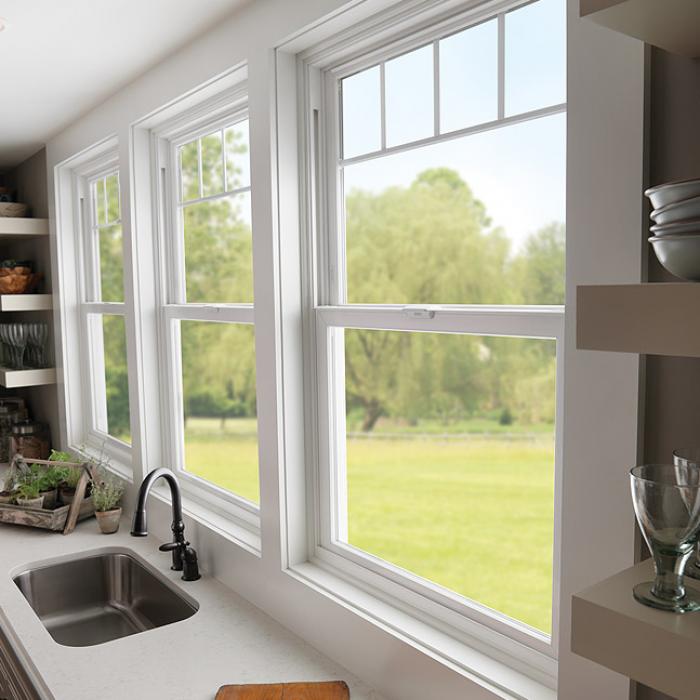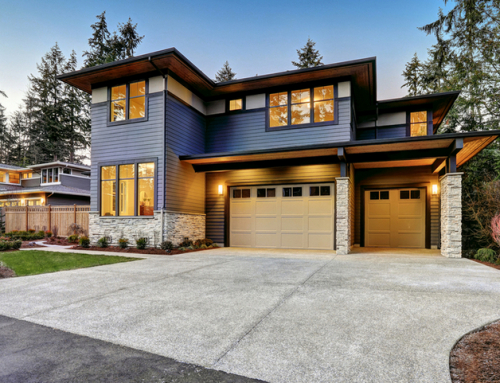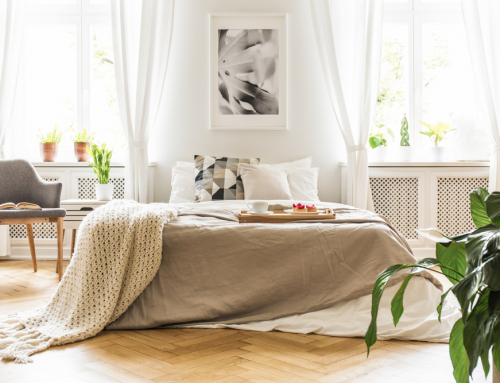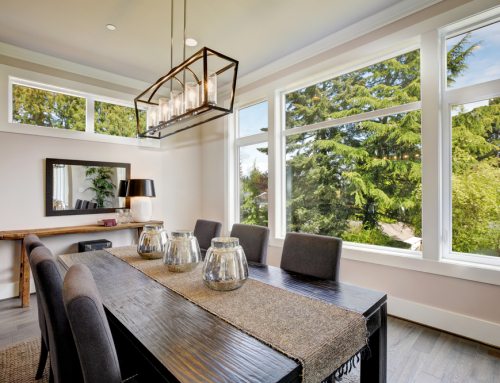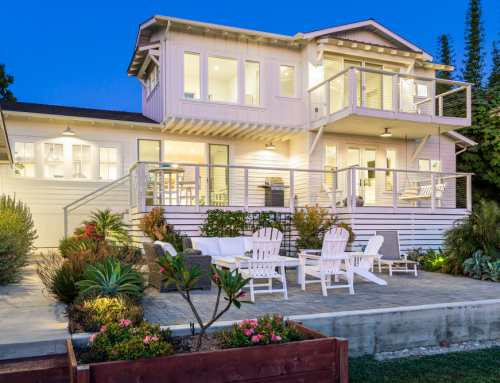Vinyl isn’t only used in replacement windows and doors; it’s also found in home construction, upholstery, automobile parts, and more. Because of vinyl’s durability and low cost, it’s an ideal material for replacement windows and doors. Compared to wood or aluminum, it’s easier to clean, cost-effective, and has a much longer lifespan. Vinyl is not susceptible to rot or warping, and is a recyclable material!
Where Did Vinyl Come From?
Vinyl was first discovered in 1926 by a scientist named Waldo Semon, who was trying to create an adhesive to preserve rubber. Instead, he stumbled upon a unique plastic product called polyvinyl chloride. He found it to be flexible, elastic, and waterproof. It’s the first PVC polymer, which led to further discoveries in plastics used today.
Vinyl wasn’t used for homes until the 1950s after WWII when Germany needed to rebuild homes with limited natural resources. The US started following suit and began producing vinyl windows in the late 1950s. The idea failed to take off because plastic was not considered to be a high-end material. People didn’t believe it was a material suitable for homes.
Thanks to technological advances, the vinyl window’s design and cost have improved, leading many people to switch to vinyl from wood and aluminum. Once people began to see the benefit, they started to rise in popularity. Vinyl became the top option for doors and windows in the 1990s. Homeowners no longer had to look for rot or damage on their windows and didn’t have to worry about replacing them repeatedly. Termites, rust, and warping would plague wood frames. This would cost the owner to replace the window and fix the surrounding area. The worst part was the new windows would eventually need to be replaced for the same reason! Once homeowners discovered a great looking, durable, and maintenance-free alternative, it quickly became the favored choice.
Benefits of Vinyl Windows
- Low-cost: They cost less than wood or fiberglass options but with the same quality. Not having to replace them regularly saves money long-term as well.
- Energy-efficient: PVC has a high R-value, which indicated it has a significant amount of insulation. Vinyl doesn’t conduct heat very well, which is a good thing for your home! Heat can’t easily pass through the windows and doors, so your home’s inside will stay cool on hot summer days.
- Long lifespan: Vinyl is a long-lasting, durable product that will last most homeowners a lifetime. They’re a great alternative to windows and doors that are susceptible to rot, rust, or pest damage. They won’t warp over time, even when exposed to harsh elements.
- Low-Maintenance: You don’t need to paint or stain the vinyl frame yourself as they come manufactured in a variety of colors and finishes. They don’t need much maintenance, besides regular cleaning, which can be done simply with soap and water. In contrast, wood-frame owners must stain and refurbish them every couple of years to keep up their appearance.
Disadvantages of Vinyl Windows
- Difficult to Paint: Paint does not stick to vinyl very well, making these frames challenging to repaint. If you plan to change the color of their window frames down the road, you should choose an option that is easy to repaint. Such as wood or fiberglass.
- They are not as strong as other materials: Vinyl windows can easily support the weight of most windows. But if you plan to have a giant picture window in your home, you want to opt for fiberglass or aluminum frames. These can better support the large piece of glass.
As many have discovered, the benefits of vinyl windows and doors are ideal for homeowners. While they do have their disadvantages, those are usually for unique situations. If you have windows or doors that need replacing, let Clear Concepts Window & Door help you find the right one.

